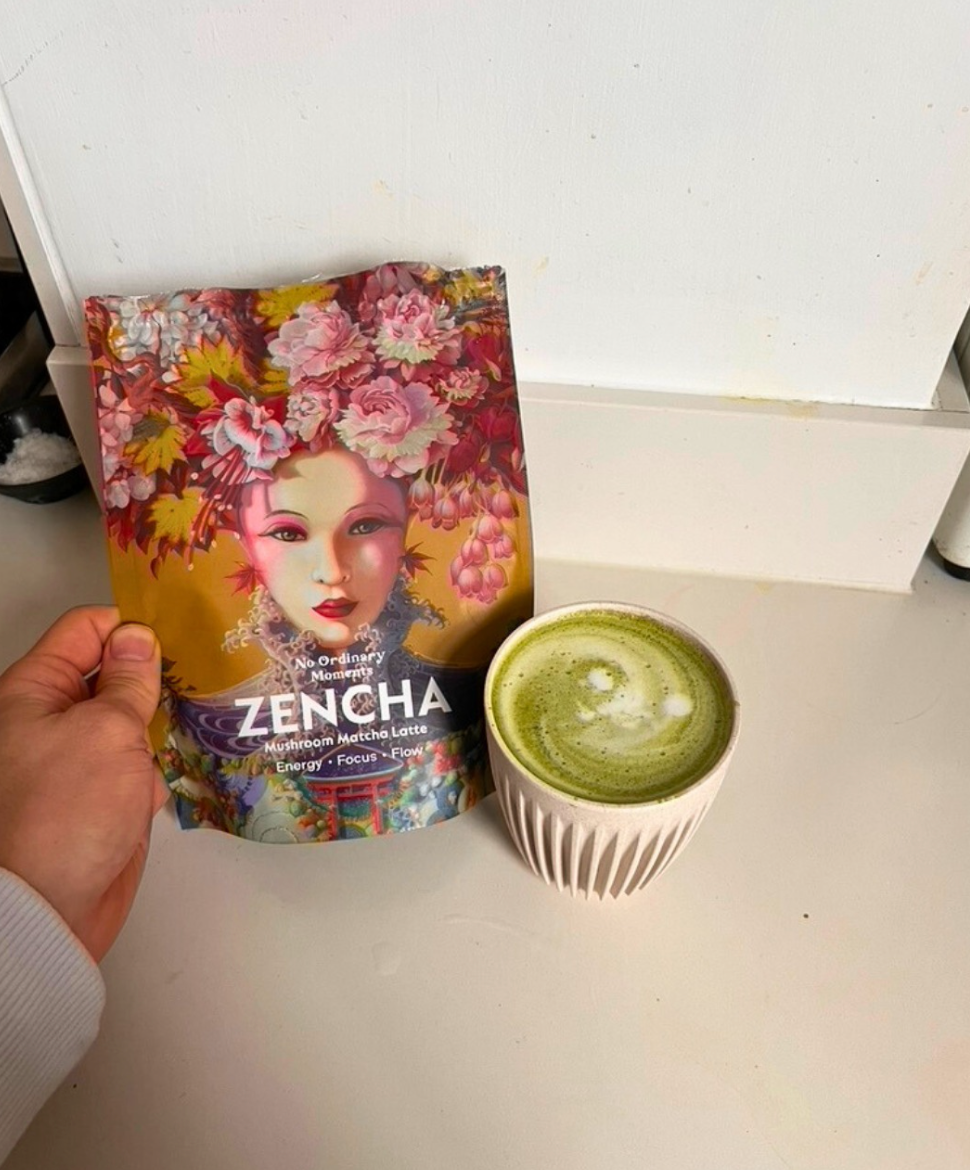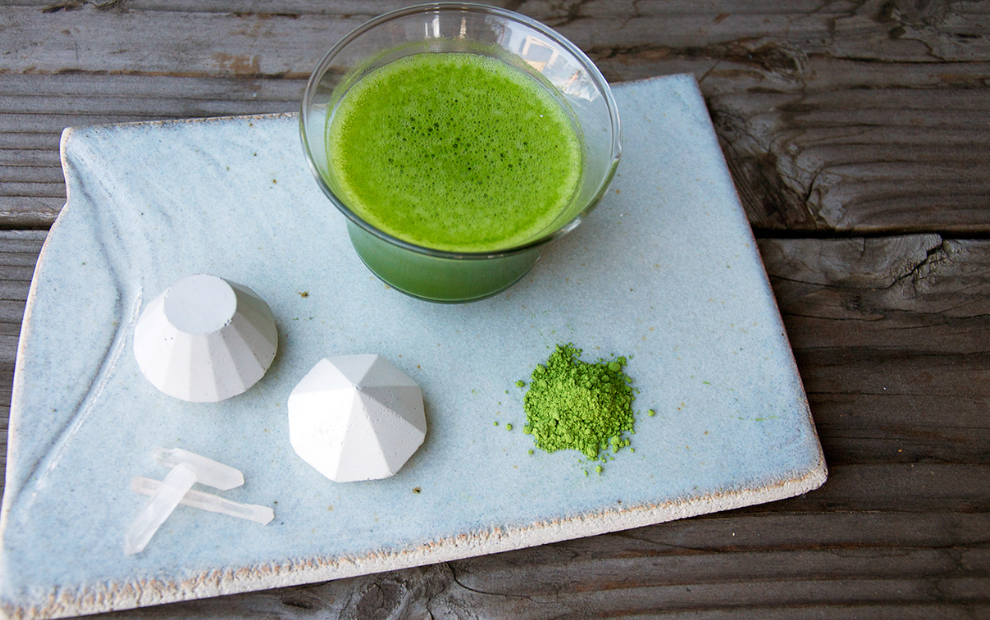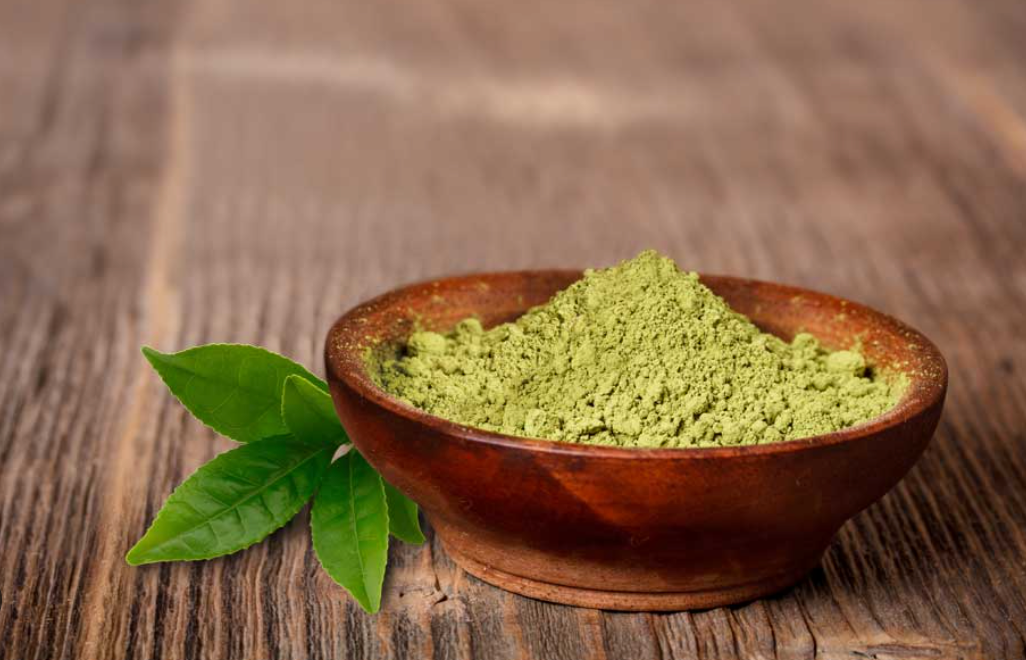
Read time: 2 min
In the world of fungi, few species possess the mystique and medicinal potential of the Chaga mushroom.
Known scientifically as Inonotus obliquus, this peculiar mushroom has been cherished for centuries in various cultures for its purported health benefits.
In this captivating journey, we will delve into the history, uses, and scientific findings surrounding Chaga mushrooms, unveiling the secrets of this remarkable fungal wonder.
The Ancient Origins of Chaga
Chaga mushrooms are not your ordinary woodland fungi; they're a natural treasure with a rich history.
Their use can be traced back to Siberian and Northern European indigenous cultures, where they were traditionally brewed into teas and tinctures for their believed healing properties.
These ancient people recognized Chaga as a source of vitality and strength.
The Science Behind Chaga
Modern research has illuminated the impressive health potential of Chaga mushrooms, reinforcing their historical significance. Here are some scientifically-supported uses and benefits of Chaga:
1. Immune System Support
Chaga mushrooms are rich in beta-glucans, polysaccharides, and antioxidants that may help enhance the immune system's response to infections and diseases. Regular consumption of Chaga tea or supplements is thought to bolster overall immunity.
2. Antioxidant Powerhouse
Chaga is one of the richest sources of antioxidants in the natural world. These antioxidants combat oxidative stress, which is linked to aging and chronic diseases. Chaga's antioxidant properties may contribute to healthier aging and reduced inflammation.
3. Anti-Inflammatory Effects
The betulinic acid found in Chaga mushrooms has potent anti-inflammatory properties. This can aid in reducing inflammation, alleviating symptoms of arthritis, and supporting overall joint health.
4. Potential Cancer-Fighting Properties
While research is ongoing, some studies suggest that Chaga's compounds may inhibit the growth of cancer cells. Its anti-tumor effects are attributed to compounds like betulinic acid and triterpenes.
5. Gastrointestinal Health
Chaga has been used traditionally to support digestive health. Its soothing properties may help alleviate gastrointestinal discomfort and promote a healthy gut.
Traditional and Modern Uses
Chaga mushrooms have a variety of traditional and modern applications:
-
Chaga Tea: A popular way to consume Chaga, this earthy tea is made by brewing dried Chaga chunks or powder. It's believed to offer a soothing and health-boosting drink.
-
Tinctures: Chaga tinctures are concentrated liquid extracts that can be added to beverages or taken sublingually for a quick dose of Chaga goodness.
-
Supplements: Chaga supplements, available in various forms like capsules and powders, offer a convenient way to incorporate Chaga into your daily routine.
Conclusion
Chaga mushrooms have a rich history deeply intertwined with the cultures that recognized their potential centuries ago.
Today, as science catches up with tradition, we find that Chaga's reputation as a medicinal mushroom is well-founded.
Its immune-boosting, antioxidant-rich, anti-inflammatory, and potentially cancer-fighting properties make it a natural wonder worth exploring.
While Chaga's health benefits are promising, it's essential to consult with a healthcare professional, especially if you have underlying health conditions or are taking medications.
Whether you're sipping Chaga tea for its soothing warmth or incorporating Chaga supplements into your wellness routine, you're partaking in a journey that connects the wisdom of the past with the promise of a healthier, more vibrant future.






